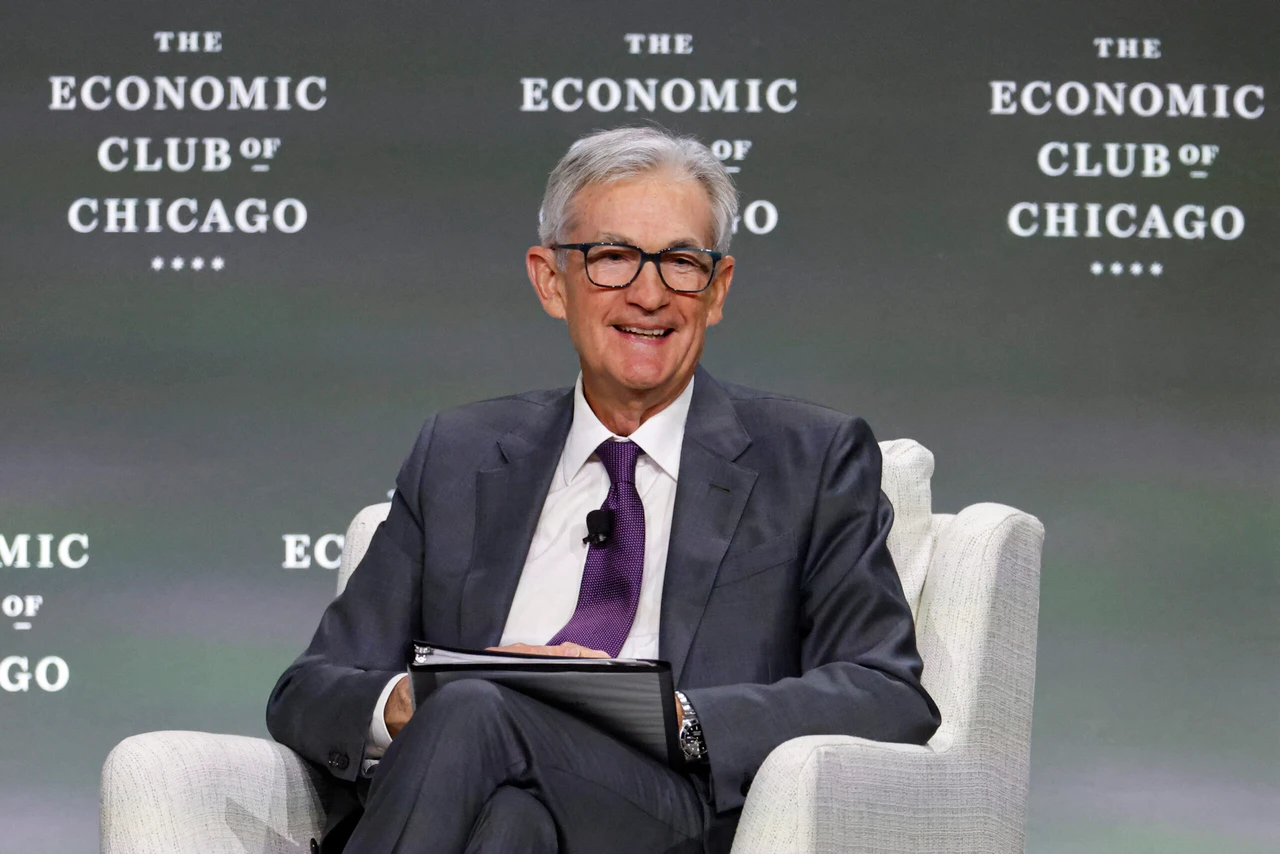Biden holds defense secretary responsible for transparency issue

US defense secretary’s prostate cancer hospitalization sparks transparency concerns. President Biden acknowledges the mistake, triggering investigations by the White House, Pentagon, and inspector general.
President Joe Biden said Friday that U.S. Defense Secretary Lloyd Austin had shown a lapse in judgment by failing to inform him of his hospitalization. However, White House officials stressed that Austin is still very much responsible for making military decisions.
Reporters questioned Biden while he was touring a coffee shop in the Allentown, Pennsylvania, area, asking if Austin had made a mistake in not telling him about his prostate cancer treatment sooner. “Yes,” was Biden’s reply. However, when asked if he still had faith in Austin, the President emphasized his trust by indicating that he had faith in Austin and that he could carry on his duties as the defense secretary.
As Austin nears his second week in the hospital, White House officials said he had played a significant role in U.S. airstrikes on Houthi targets in Yemen. Austin participated in the U.S. airstrikes “seamlessly” despite operating out of Walter Reed National Military Medical Center, National Security Council spokesman John Kirby told reporters on Friday.
“His participation was no different than it would be on any other given day, except that he was briefing the president on options and engaged in the discussions from the hospital,” Kirby said during a news briefing aboard Air Force One.
Austin “was fully engaged as he would be in any other event,” according to Kirby.
According to a senior administration official who has spoken with Austin several times, the defense secretary has been “very much in command of all issues,” coordinating the strikes while fielding criticism for the initial lack of openness surrounding his health. According to defense officials, Austin, who is hospitalized due to complications from his prostate cancer treatment, has all he needs to perform his job duties. According to an official, Austin kept a close eye on the strikes on Thursday from the hospital “with a full suite of secure communications.”
Following the late announcement of Austin’s prostate cancer diagnosis, Biden and Austin are facing criticism regarding transparency, the effectiveness of the process for transferring military power and decision-making, and the strength of Biden’s command over Cabinet officials. These concerns are compounded by the U.S. and U.K.-led strikes in Yemen on Thursday.
Austin has now spent more than 11 days in the hospital as a result of treatment-related complications.
The White House, the Pentagon, and the Pentagon’s inspector general have launched three independent reviews to look into the notification process and whether policies need to be changed as a result of the fallout from that hospitalization and the delays in informing the public, the president, and senior national security officials. Additionally, Capitol Hill has been closely monitoring the situation.
Austin is not being treated by Dr. Oliver Sartor, chief of the Mayo Clinic’s Genitourinary Cancer Disease Group, who stated that “this was an unusually prolonged hospitalization.” He added, “At this point, I am a little bit uncertain as to what is happening, but it would seem as though whatever complication that he has experienced is rather severe because otherwise, the hospitalization would not have lasted this long.”
Different statements from the White House, the Pentagon, and officials at Walter Reed National Military Medical Center claim that the cancer was discovered by medical professionals during a screening in “early December.” No specific date has been provided by officials.
On Dec. 22, Austin had what the Pentagon called an “elective medical procedure,” and he left Walter Reed and returned home on Dec. 23. He took part in a call with Biden and other administration officials on New Year’s Day. Austin returned to Walter Reed that same day after he reported feeling “severe pain”; it is unclear if this occurred before or after he took part in the call.
The following day, he was moved to the hospital’s critical care unit. Top defense officials, including the chairman of the Joint Chiefs of Staff, Austin’s military adviser, and Austin himself, were informed of his hospitalization on the same day. Austin then gave his deputy some authority.
Biden didn’t find out about Austin’s hospitalization until two days later, on Jan. 4. The first public statement revealing Austin’s hospitalization was made by the Pentagon a day later.
In his first public remarks since being admitted to the hospital, Austin acknowledged that he “could have done a better job ensuring the public was appropriately informed” on Saturday.
Austin was moved out of the intensive care unit Monday. Despite their conversations over the weekend, neither the president nor the general public had been informed of the precise reason he was in the hospital at that point. On Tuesday morning, Biden was informed of Austin’s cancer diagnosis; later that afternoon, the world was informed as well.
Source: CNN



